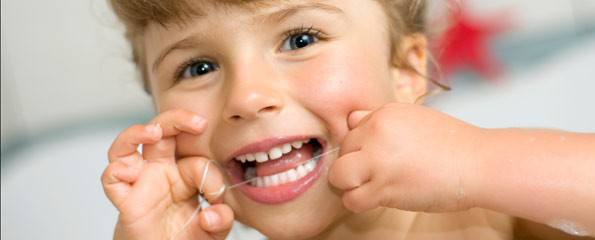
Cavities in baby teeth are very common. In Barrie, approximately twenty-five percent of children have cavities and it is important to save these teeth. In our practice, we often hear patients asking why they should fill baby teeth since they are just going to fall out anyway. This may be true if the teeth are going to fall out within nine months, but often the child is young enough that the baby teeth won’t fall out on their own and it may be several years before they are ready. The usual age for baby teeth to fall out is around ten years old. If your child’s cavities are left until they get large, the teeth may die and form an abscess. An abscess is where the nerve in the tooth rots, puss forms and then leaks out of the tooth into the bone. This may permanently damage the bone, harming the adult teeth that will form later on. If an infection forms that is left untreated, it may even become life threatening for the child.
Why to save baby teeth
It is important to save baby teeth because they are needed for proper chewing. If the child cannot chew, they may not receive appropriate nutrition. Baby teeth also help to guide adult teeth as they develop and without them, adult teeth may become crooked resulting in costly orthodontic treatment to correct. Speech development can also be affected when baby teeth are not properly cared for. Studies have suggested that cavities left in baby teeth greatly increase the risk of cavities in adult teeth.
As you can see, baby teeth are very important for many reasons. It is important to monitor your baby’s oral health and act on cavities before they cause major problems down the road. A good age to first bring your child to the dentist would be between two and three years old.